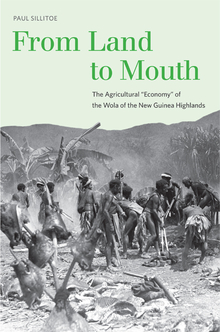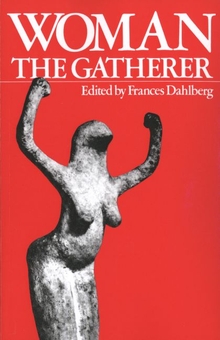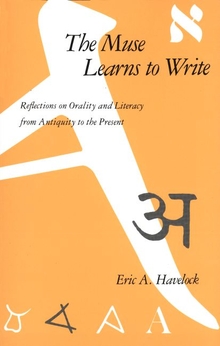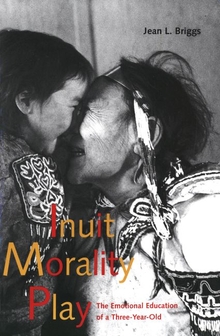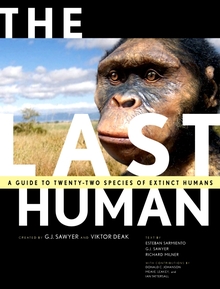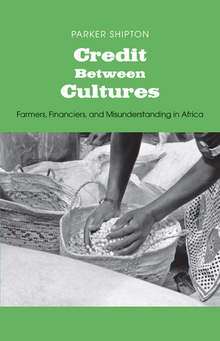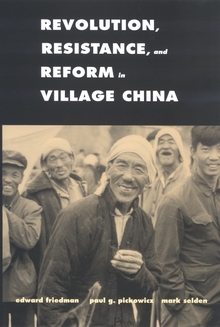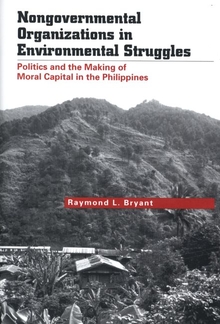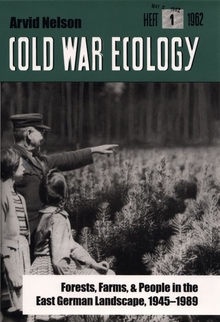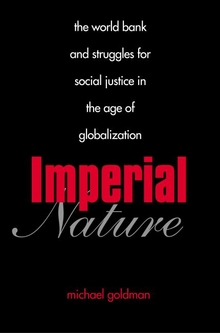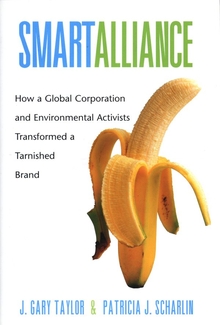From Land to Mouth
WARNING
You are viewing an older version of the Yalebooks website. Please visit out new website with more updated information and a better user experience: https://www.yalebooks.com
The Agricultural "Economy" of the Wola of the New Guinea Highlands
Paul Sillitoe
Click here to visit the book's companion website.
Among the Wola people of Papua New Guinea, our category economy is problematic. Distribution is unnecessary; the producers of everyday needs are the consumers: produce goes largely “from land to mouth” – with no implication that resources are scarce. Yet transactions featuring valuable things -- which are scarce -- are a prominent aspect of life, where sociopolitical exchange figures prominently. The relationship –- or rather the disconnection –- between these two domains is central to understanding the fiercely egalitarian political-economy. In this detailed investigation of a Highland New Guinea agricultural ‘economy’ and acephalous political order—the most thorough inquiry into such a tropical subsistence farming system ever undertaken—esteemed anthropologist Paul Sillitoe interrogates the relevance of key economic ideas in noncapitalist contexts and challenges anthropological shibboleths such as the “gift.” Furthermore, he makes a reactionary-cum-innovative contribution to research methods and analysis, drawing on advances in information technology to manage large data sets.
Over a span of more than three decades, Sillitoe has compiled a huge body of ethnography, gaining unprecedented insights into Highlands’ social, economic, and agricultural arrangements. He uses these here to illuminate economic thought in nonmarket contexts, advancing an integrated set of principles underpinning a stateless-subsistence order comparable to that of economists for the state-market. Sillitoe’s insights have implications for economic development programs in regions where capitalist assumptions have limited relevance, following his advocacy of development interventions more respectful of existing social orders.
Paul Sillitoe is professor in the anthropology department of Durham University, Durham, England, and Shell Chair of Sustainable Development at Qatar University, Doha, Qatar.
"In chapter after chapter, we see an engagement with profound issues debated in the past by giants in social anthropology. This work will take its place as one of the important anthropology books."—Tim Bayliss-Smith, University of Cambridge
“Paul Sillitoe is one of the world’s leading anthropologists in the study of indigenous systems of knowledge, who has not let current debates about indigeneity prevent him from showing there is much that is both different and valuable in local systems of cultivating the land, and understanding the soil, in the Asia/Pacific region.”—Michael Dove, Yale University
"This is a book by a seasoned and mature professional. Sillitoe's work is widely recognized throughout the world as an important and unique contribution to anthropological scholarship on the New Guinea Highlands in general. . . .this work is a highly significant contribution to the historical and intellectual corpus of work by scholars of Papua New Guinea."—Andrew Strathern and Pamela J. Stewart, University of Pittsburgh
Publication Date: December 7, 2010
183 b/w illus. Includes DVD

